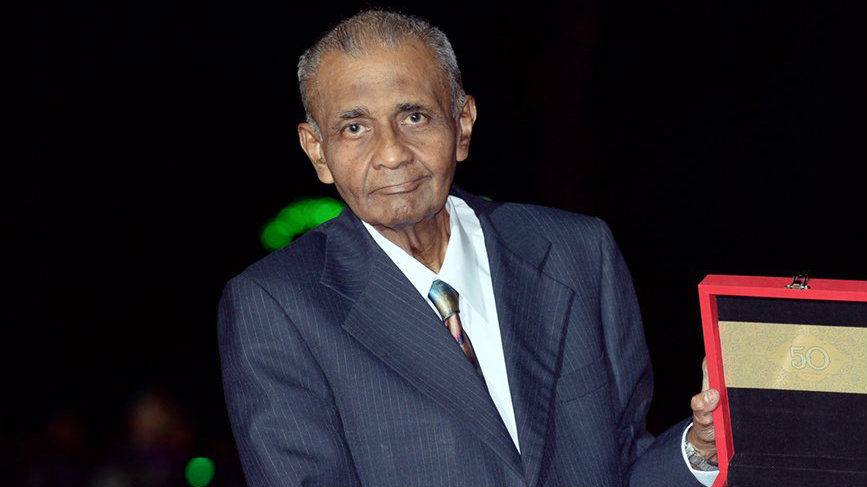“We could have done better:” conversations with an independence hero
“Abdul Sattar Moosa Didi, who led the independence negotiations, remembers talks with the British, laments President Ibrahim Nasir’s buried legacy, and reflects on where Maldives has arrived at as we celebrate 50 years of independence.”

26 Jul 2015, 09:00
Abdul Sattar Moosa Didi was just 29 when he led the negotiations to obtain independence for the Maldives from the British. “I didn’t think I’d be alive to see this day. I am 79, I am no longer what I was 50 years ago,” he said. Today, he laments the forgotten legacy of Prime Minister Ibrahim Nasir, and worries about the growing crime rate and political instability in the Maldives.
Sattar was the Maldivian government’s representative in Colombo in the early 1960s. He humbly said, “I was only given the work because I was the representative in Colombo.” When he was first sent there in 1960, there was no talk of independence. The issue came up after the southern atolls of Addu, Fuvahmulah and Huvadhoo broke off to form the short-lived United Suvadive Republic.
At the time, the British had an Air Force base at Addu Atoll Gan, originally built without the government’s knowledge in the Second World War. The Maldives had sought British protectorate status in 1887, but prohibited interference in domestic politics. “Nevertheless, they periodically interfered in politics,” Sattar said, noting that sometimes British approval was needed in appointing Sultans.
“I think they had the opportunity to interfere in Maldivian politics because of internal strife. We even became a protectorate because of a conflict between the ruling families,” he said.
Become a member
Get full access to our archive and personalise your experience.
Already a member?
Discussion
No comments yet. Be the first to share your thoughts!
No comments yet. Be the first to join the conversation!
Join the Conversation
Sign in to share your thoughts under an alias and take part in the discussion. Independent journalism thrives on open, respectful debate — your voice matters.




